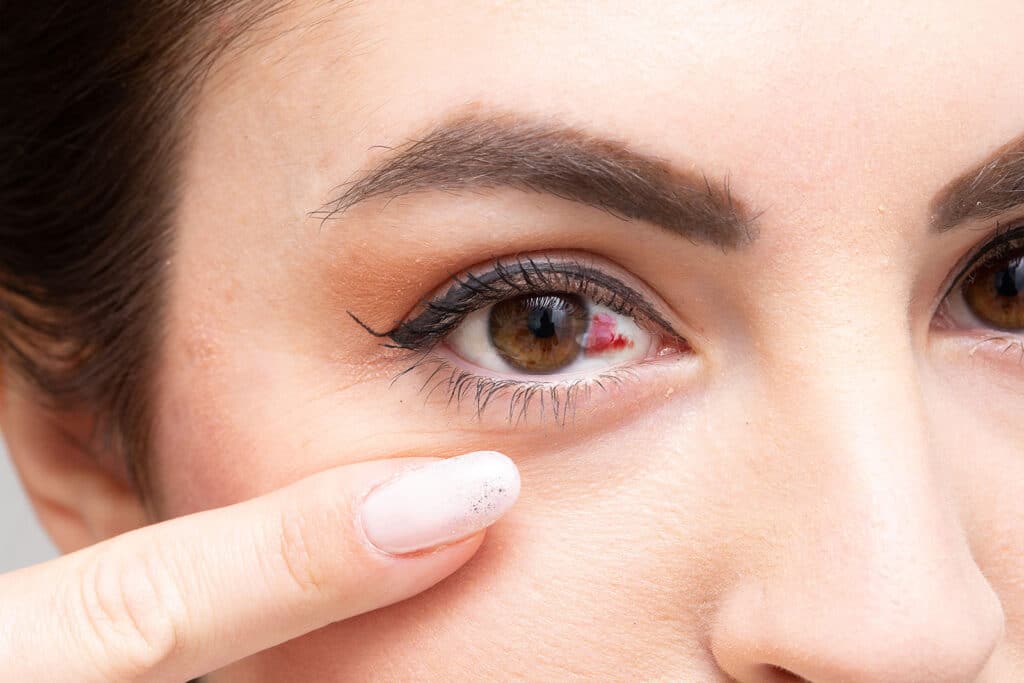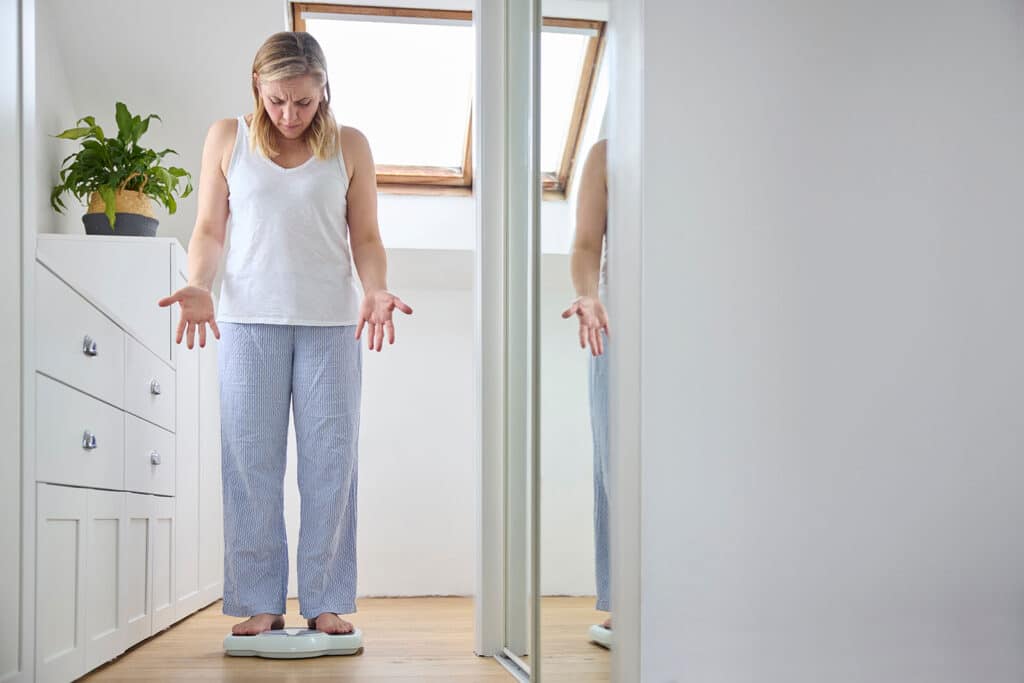There’s something insidious about the way alcohol can affect a person’s appearance. While discussions about alcohol use disorder often focus on internal organs like the liver or heart, there are many visible signs of the toll chronic alcohol abuse takes on the body. For example, chronic alcohol consumption can lead to burst capillaries around the nose, a condition commonly referred to as an alcoholic nose or alcoholic face.
Those who engage in heavy drinking or excessive alcohol consumption may also experience the alcohol flush reaction, where the skin turns red due to the body’s inability to properly metabolize alcohol. This reaction occurs because of the buildup of acetaldehyde, a toxic byproduct of alcohol metabolism that the body struggles to break down after excessive drinking. Over time, the physical impact of high alcohol intake becomes more apparent, revealing the widespread effects that alcohol affects both inside and out.
Table of Contents
- Swollen Face: Why Alcohol Causes Puffiness
- Bloating: Alcohol’s Effect on the Digestive System
- Skin Changes: Redness, Breakouts, and Broken Capillaries
- Weight Gain and Fluid Retention
- Alcohol May Not Directly Cause UTIs, But…
- Other Visible Effects of Alcohol Abuse
- Long-Term Health Risks and the Importance of Seeking Help
- Treatment for Alcohol Addiction at Illinois Recovery Center
Swollen Face: Why Alcohol Causes Puffiness
All throughout the day, our bodies regulate themselves to ensure a proper balance of fluids. When alcohol disrupts these delicate processes, it can wreak havoc on your facial appearance. Despite alcohol being a diuretic — meaning it stimulates the loss of fluids through increased urination — the body adapts by retaining fluids in an effort to maintain balance. This leads to a puffy, swollen face, which is a common side effect of alcohol consumption.

In addition to puffiness, alcohol can also cause facial redness due to vasodilation, where blood vessels widen, creating a flushed appearance. This redness, combined with fluid retention, can significantly alter your facial appearance after drinking. Maintaining the balance of electrolytes such as potassium and sodium is crucial, and when alcohol throws this balance off, your face often shows the immediate impact through puffiness and redness.
Bloating: Alcohol’s Effect on the Digestive System
If you’ve been on this planet for any amount of time, chances are that you’ve heard to someone referring to a “beer belly” — either theirs or someone else’s. In our culture, it seems to be a ubiquitous comment referring to certain people’s physical appearances. But did you know that there is some truth to the legend of the beer belly? In fact, the misuse of alcohol can have a tremendous impact upon the body’s digestive system. One of the most important facts to know is that alcohol will dehydrate you. As a result, the body hangs onto whatever fluids it can — often causing the body tissue in the abdominal area to appear bloated. When we drink alcohol, it’s important to note that the production of stomach acids is often halted. This means that food just hangs out in the stomach instead of moving through the system and being metabolized. As a result, there may be fermentation and an increase in gas. Because alcoholic beverages are often carbonated, perhaps it’s not a surprise that this double whammy can contribute to bloating for beer and champagne drinkers alike.

The pancreas is also affected. Since alcohol messes with the production of crucial enzymes that help with digestion, those who drink alcohol may find that their small intestine is not properly processing food. This lack of enzymes can also trigger bloating. On top of the bloating issues, alcohol is also an irritant to the stomach lining. Alcohol use can lead to either acute or chronic gastritis. Incredibly, even the muscles in the GI tract are affected by alcohol. Their movement is slowed, also contributing to a lackluster speed in digestion. Indeed, it would seem that there are very few aspects of the digestive system that alcohol does not affect when we choose to imbibe it.
Skin Changes: Redness, Breakouts, and Broken Capillaries
Have you ever heard of an alcohol flush? Perhaps you have a friend — or even a family member — whose face turns bright red when they first consume alcohol. This is due to the process of vasodilation — the blood vessels widening. For casual drinkers, this effect usually passes quickly. However, for those who veer into alcoholism, their blood vessels may not rebound as fast, leading to a more prolonged red-faced appearance. Spider veins and broken capillaries are common in individuals who drink heavily, especially as blood pressure rises, contributing to the visible signs on their skin.
For those of Northern European descent, rosacea — a skin condition that leads to facial flare-ups — can make the nose and surrounding areas appear even more red after drinking alcohol. Red wine drinkers in particular may experience a histamine response that enhances the redness of the face. Additionally, sulfites in wine can lead to an inflammatory response, further exacerbating these skin changes.

The dehydrating characteristics of alcohol also wreak havoc on the skin. To compensate for the dryness, the skin may increase oil production, causing breakouts. This is especially problematic for people prone to acne. Hormonal imbalances can occur as well, with stress hormones like cortisol being released more frequently, leading to oily skin on the nose, chin, and forehead. Over time, alcohol can cause dark circles under the eyes and a dull complexion due to decreased collagen production and increased free radicals, which accelerate premature aging.
Additionally, prolonged alcohol misuse can cause the whites of the eyes to appear yellowish or bloodshot, further contributing to an unhealthy appearance. All in all, drinking alcohol consistently is one of the worst things someone can do if they are aiming to improve the appearance of their skin.
Weight Gain and Fluid Retention
There are a number of reasons why chronic alcohol misuse can lead to weight gain. First, there are all of the added calories. In addition to the calories from the alcohol itself, many mixologists blend alcoholic beverages with sugary mixers, which can spike blood sugar and lead to cravings for salty snacks like pretzels or chips. Alcohol also lowers inhibitions, making it more likely that someone will indulge in these snacks. This combination of factors can contribute to weight gain and water retention, as alcohol disrupts the body’s ability to manage fluids, leading to bloating and the buildup of excess water in tissues.
Chronic alcohol consumption also poses an increased risk of other health issues, which may exacerbate these effects. The combined weight gain and fluid retention can significantly alter a person’s appearance over time, further impacting their overall well-being.

Alcohol May Not Directly Cause UTIs, But…
Although alcohol may not be directly responsible for urinary tract infections, it is certainly an irritant that can amp up the painful symptoms of a pre-existing infection. It can also disrupt sleep and negatively impact the immune system in general, leading to more prolonged or painful infections. For those who are looking to avoid this, it’s best to stick to the guidelines. If you can’t avoid alcohol completely, this means limiting alcohol consumption to just one drink a day for women and two for men. Make a special effort to stay hydrated. Drink your water and don’t ever attempt to “hold” your urine. If you have to make a choice between a clear alcohol such as vodka and a darker selection such as bourbon, go for the clear option. Whatever you do, avoid those popular sugary and expensive specialty cocktails that many bartenders are promoting.
Other Visible Effects of Alcohol Abuse
Bloodshot eyes are perhaps one of the most classic symptoms of alcohol misuse. Many people associate this physical trait with a night of drinking and perhaps a hangover. However, for those who keep drinking steadily, the bloodshot appearance may stay. In late-stage alcoholism, cirrhosis will also affect the appearance of the eyes, casting a yellowish tone. Those with liver disease will also eventually experience very yellow, sallow looking skin. For those who haven’t yet entered this stage of alcoholism, however, the effects may be more subtle. Thinning hair and dry skin are commonly seen.
Long-Term Health Risks and the Importance of Seeking Help
Unfortunately, end-stage alcoholism can be gruesome — both for the person suffering from it and for their loved ones who witness the horrific effects. For alcoholics who are not able to get control of their drinking, they often experience severe physical symptoms as their body begins to break down. One of the most noticeable physical signs of alcoholism is yellowing of the skin, or jaundice, which is a direct result of liver damage. As the liver loses its ability to filter toxins from the body, the buildup of toxins leads to the failure of not only the liver but eventually all the organs.
Additionally, alcoholics who try to quit may face intense withdrawal symptoms, which can be dangerous if not managed properly. The side effects of prolonged alcohol abuse, combined with these withdrawal challenges, highlight the critical need for medical intervention. Seeking help early can prevent further damage and improve the chances of recovery before the body’s systems are irreparably harmed.

Treatment for Alcohol Addiction at Illinois Recovery Center
Fortunately, there is a way out of this tragic quagmire of alcohol addiction. The experienced health professionals and counselors at Illinois Recovery Center know what it takes to help someone save themselves from the effects of alcoholism. Whether a patient is just starting to see the negative effects of their alcohol misuse or they’ve already developed more chronic conditions, the team at Illinois Recovery Center will put together a tailor-made addiction treatment plan customized to the individual. After all, people develop alcohol addictions for a number of varying reasons, and they also heal in different ways.
The experts at this alcohol rehab center will get to the root of the problem and develop specialized solutions that guide the client to become their best self. Some clients may require alcohol detox, while others may not. The center provides professional help for individuals with co-occurring mental health issues, ensuring comprehensive care that addresses both addiction and underlying psychological conditions. Additionally, Illinois Recovery Center strives for accessibility, making it easier for individuals from all walks of life to access the healthcare they need for recovery.
At Illinois Recovery Center, every client’s personal preferences and life circumstances are taken into consideration, giving them the best chance to create a future free from the grip of alcohol. When the stakes are so high, there’s never been a better time to make the first step toward a more fulfilling future.



